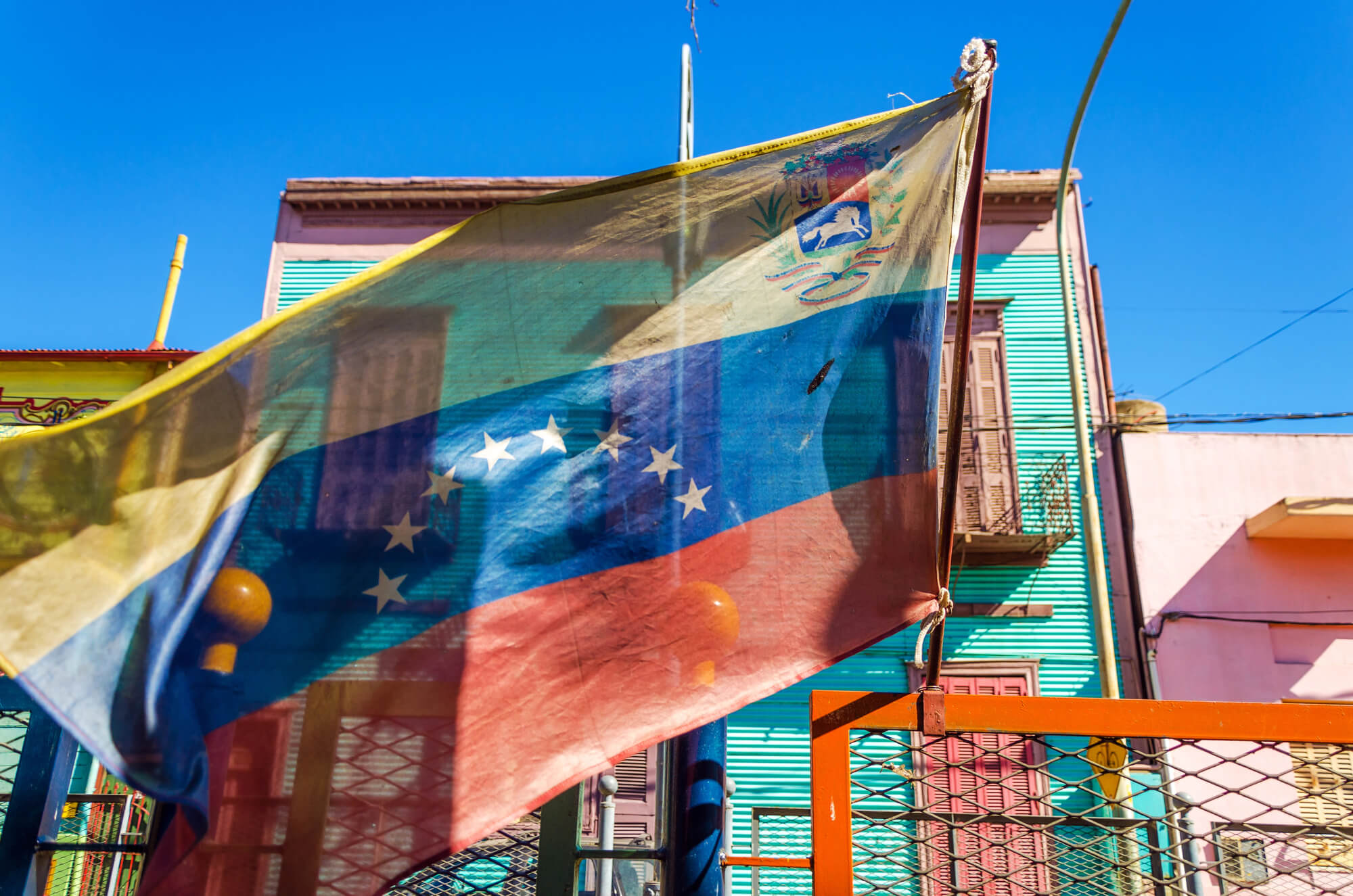Venezuela's economy depends heavily on oil exports. However, due to renewed US sanctions, transactions through traditional financial institutions have become more difficult. In the future, the state oil company Petroleos de Venezuela (PDVSA) wants to focus more on cryptocurrencies.
The US Treasury Department imposed new oil sanctions on Venezuela a week ago after they were recently lifted. They want to force President Nicolas Maduro to transition to democracy in the country. PDVSA's business partners must process transactions under the current license by the end of May. In the future, companies will wait for individual approvals from the United States, which will make oil exports more difficult for Venezuela.
Stablecoins as an alternative means of payment
PDVSA started transitioning into cryptocurrencies a year ago. About Me An insider speaks to Reuters. The stablecoin Tether (USDT) is primarily traded – a cryptocurrency with a fixed peg to the US dollar. The new sanctions are a reason to accelerate this change. They want to prevent funds from being frozen in foreign bank accounts due to US measures.
“We have different currencies depending on what is stipulated in the contracts. […] In some contracts, cryptocurrencies may be the preferred payment method.” – Pedro Telechia, Venezuelan Minister of Oil
By the end of the first quarter of 2024, Petroleos de Venezuela had converted many of its spot oil operations to a contract model requiring an upfront payment of half the US dollar value of each shipment. New customers also have to store a certain amount of cryptocurrencies in their digital wallets. This requirement is partially implemented in older contracts that do not explicitly provide for the use of USDT.
Venezuela's Cryptocurrency Failure
In 2018, Venezuela announced for the first time that it was starting a pilot project to develop its own cryptocurrency. Petro was intended to be a type of stablecoin collateralized by one barrel (159 litres) of crude oil reserves. However, there was no redemption requirement, which traditional stablecoin providers like Tether and Circle offer. Later, the national currency should be linked to the exchange rate of this cryptocurrency.
Exchange transactions between the bolivar, Venezuela's national currency, and the petro were only possible through the state-owned Patria Stock Exchange. In mid-January, the OPEC member country quietly ended the project, according to a French news agency mentioned.

“Alcohol buff. Troublemaker. Introvert. Student. Social media lover. Web ninja. Bacon fan. Reader.”






More Stories
frap | An American company buys the Crans Montana ski resort
“A ban would destroy seven million businesses” » Leadersnet
What are the opportunities available to the company?